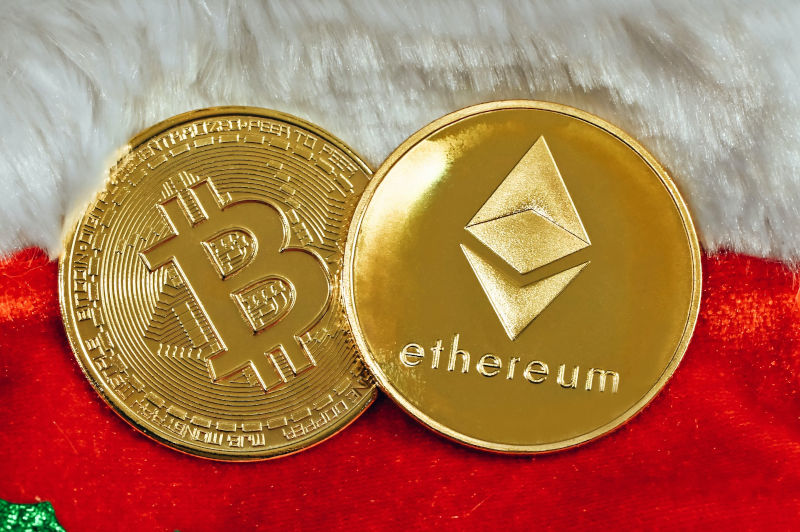A Brave New World: Indonesia’s Changing Stance on Cryptocurrency
Mar 28, 2025

Cryptocurrency has been on a wild ride since Bitcoin was first introduced in 2009. While its price and value have undergone dramatic swings in both directions, its utility and survivability appear to be gaining acceptance within the global arena. Another dimension of the complexity is the proliferation of different cryptocurrencies. As of the writing of this article, there are more than 10,000 cryptocurrencies, and the number continues to grow. As a nation with a rapidly growing digital economy, Indonesia has had a “mixed” relationship with cryptocurrencies but currently sees the value of such an asset. This article will explore one of the significant changes in the handling of cryptocurrencies in Indonesia.
Historically, Indonesia treated cryptocurrencies with fear and skepticism due to their decentralized nature. Risks ranged from financial instability to lack of protection for users. The anonymity of transactions added to the risks of using cryptocurrencies for illegal activities. Previously, the Bank of Indonesia (“BI”) imposed a ban on the use of cryptocurrency as a payment method to maintain financial sovereignty and curb potential risks, including fraud and capital flight.
Despite the ban imposed by BI, the market has developed various utilities to facilitate the evolution of cryptocurrencies in Indonesia. In 2014, Indodax was established to trade multiple cryptocurrencies, including Bitcoin and Ethereum. Additionally, in 2021, Indodax’s competitor and one of the first Indonesian cryptocurrency exchanger, Tokocrypto launched Toko Token (TKO). TKO was launched on the Binance Launchpad and utilizes the Binance Smart Chain network. After the ban was in place in 2017, the government moderated its position by formally recognizing cryptocurrency as a “commodity” in 2019 and placed it under the Commodities Futures Trading Agency (“BAPPEBTI”).
The cryptocurrency industry in Indonesia has entered a brave new world in 2025 with new regulations. In particular, the oversight responsibilities for digital assets, including cryptocurrencies, transitioned from BAPPEBTI to the Financial Services Authority (OJK). All crypto-related activities, from trading to transaction settlements, must comply with OJK regulations. While we wait for the details of new regulations, OJK has committed to a phased approach involving close coordination with BAPPEBTI and industry players.
With the recent changes, there is tremendous optimism for the emergence of a robust cryptocurrency industry in Indonesia. Collaborating with various governmental entities, including BI, BAPPEBTI, and OJK, will provide transparency and stability to investors and users. In addition, there is the discussion of collaboration with the Attorney General’s Office and various law enforcement agencies to combat the potential misuse of cryptocurrencies. We foresee entrepreneurs and innovators coming together to create new opportunities in the cryptocurrency industry that have yet to be discovered. If you are looking for guidance on navigating this new landscape, we welcome the chance to work with you in this exciting area. K&K Advocates is leading the development in many areas of law in Indonesia. (MGK)
Should you have any further queries on this topic, please contact us at [email protected]
